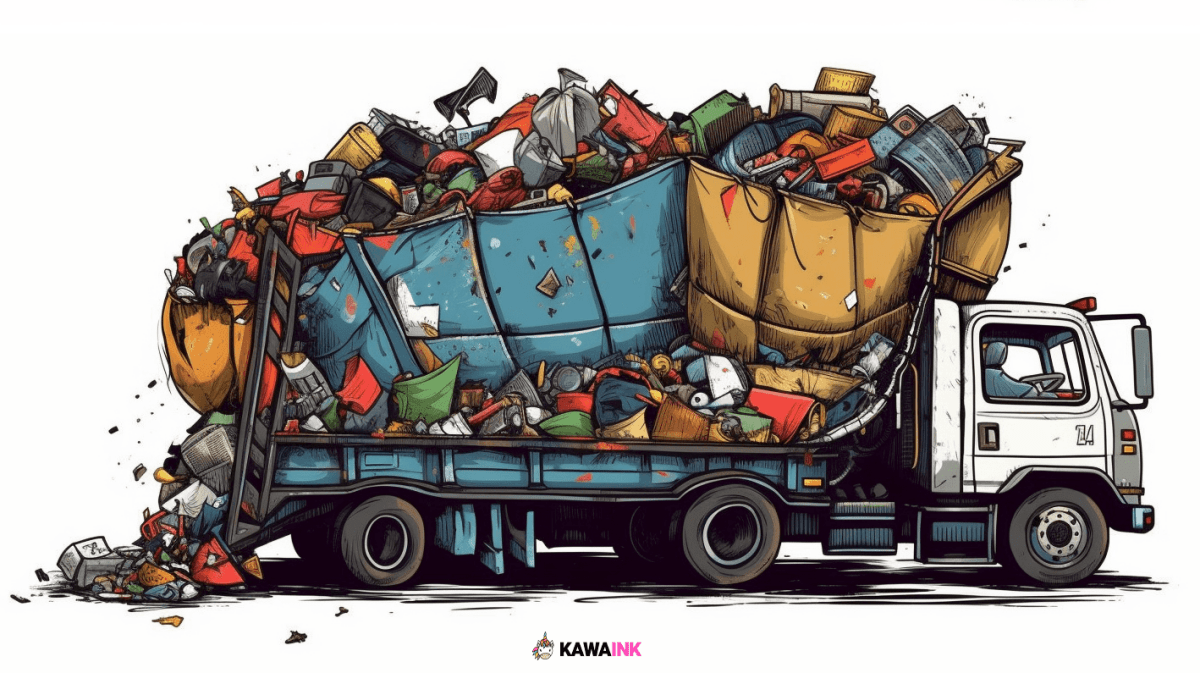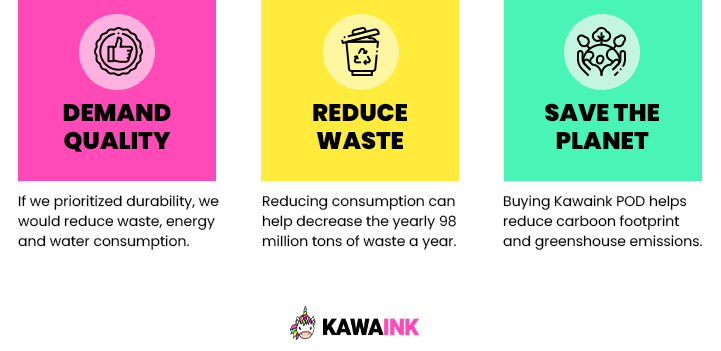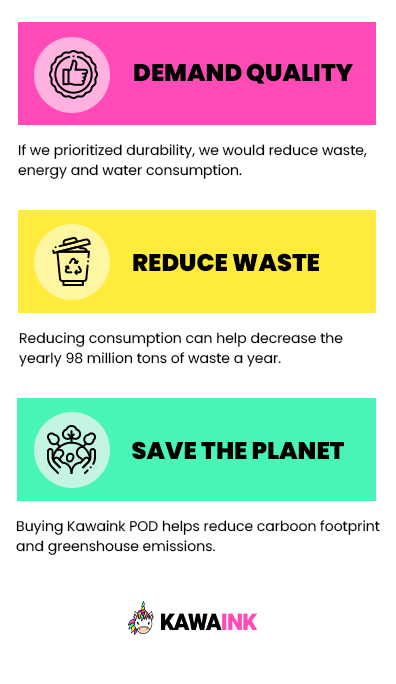Overproduction and overstocking: the environmental threats nobody talks about

What are overproduction and overstocking?
Overproduction and overstocking are two interrelated concepts that have a significant impact on the environment. Overproduction refers to the production of more goods than the market demands, while overstocking refers to the accumulation of excess inventory beyond what is needed or can be sold. Both practices can have serious environmental consequences, as they often lead to waste, pollution, and resource depletion.

How do overproduction and overstocking impact our environment?
The environmental impact of overproduction and overstocking can be seen in several ways. First, overproduction often leads to the waste of resources such as water, energy, and raw materials. For example, if a factory produces more goods than it can sell, it may use more water, energy, and raw materials than necessary. This can contribute to water scarcity, air pollution, and deforestation, among other environmental problems.
Second, overproduction and overstocking can lead to the disposal of excess goods, which can further exacerbate environmental problems. When goods are discarded, they often end up in landfills, where they can take decades or even centuries to decompose. This can lead to the release of greenhouse gases and other pollutants, as well as the contamination of soil and groundwater.
Third, overproduction and overstocking can contribute to climate change by increasing greenhouse gas emissions. For example, the production of goods often involves the use of fossil fuels, which can release carbon dioxide and other greenhouse gases into the atmosphere. Additionally, the transportation of goods from factories to retailers and consumers can also lead to significant emissions.
Finally, overproduction and overstocking can have a negative impact on biodiversity and natural habitats. The extraction of raw materials for production can lead to habitat destruction and the loss of biodiversity, while the disposal of excess goods can contribute to marine pollution and the destruction of marine ecosystems.
How can we fight overproduction and overstocking?
To address the environmental impact of overproduction and overstocking, there are several steps that individuals and businesses can take. First, individuals can reduce their consumption of goods, which can help to reduce demand and discourage overproduction. Second, businesses can implement sustainable production practices, such as using renewable energy sources and reducing waste. Third, governments can implement policies and regulations that incentivize sustainable production and discourage overproduction and overstocking.
How Kawaink's print on demand helps reduce waste and carbon footprint
Print on demand (POD) is a modern printing technology that allows posters, mugs, t-shirts, and other materials to be printed only when they are ordered. This means that instead of producing a large quantity of printed material in advance, Kawaink prints products on demand, eliminating the need for excess inventory and reducing waste.
One of the primary benefits of POD is that it helps to reduce the environmental impact of printing. Traditional printing methods involve printing large quantities of products in advance, which can result in a significant amount of waste. If a mug or poster does not sell well, it may be pulped or destroyed, contributing to landfill waste and greenhouse gas emissions. This not only helps to reduce waste but also saves resources such as paper, ink, and energy.
Another benefit of POD is that it can help to reduce the carbon footprint of printing. Traditional printing methods require the transportation of large quantities of printed material from the printing facility to the warehouse, and then to the retailer or consumer. This can result in significant carbon emissions from transportation.







